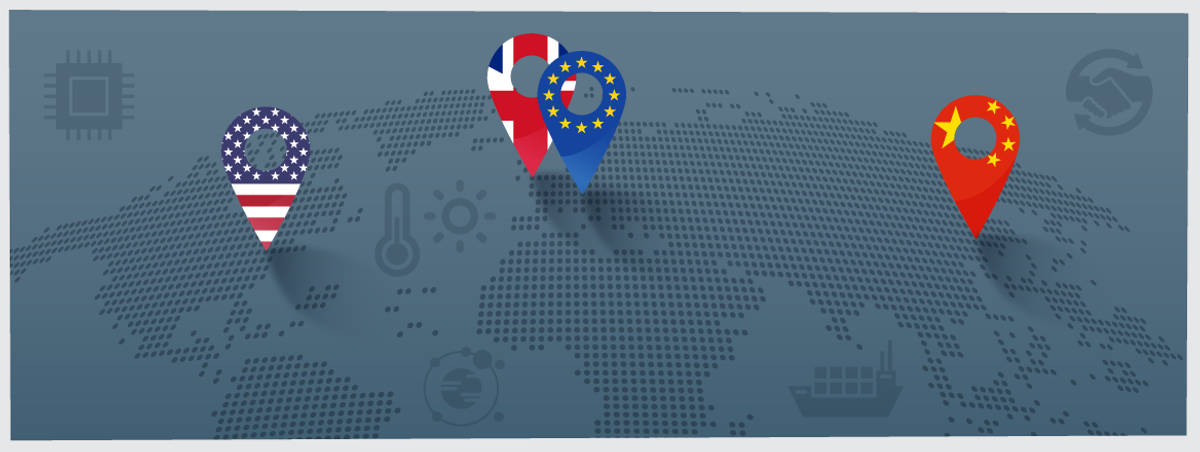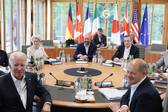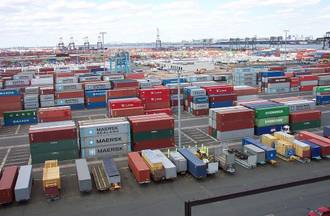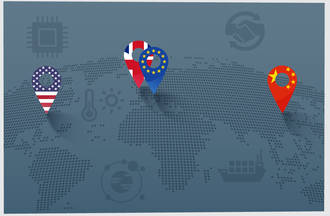Transatlantic Dialogue on China
This project seeks to help increase understanding in the United States and Europe about different perceptions and responses to a rising China.
Overview
China’s rise is the strategic challenge of the twenty first century. From 5 per cent of the world GDP in 1978, to 17 per cent of global GDP today, China’s growth into the world’s second largest economy has transformed the economic geography of the planet within a few decades. At the same time, under President Xi Jinping in particular, the country has developed an increasingly assertive posture on the world stage. Alongside its evolving security footprint beyond its borders, China’s global Belt and Road projects present a new form of geopolitical influence whose impact can increasingly be felt in almost every domain.
The consequent shift in political power has implications in nearly every area of international affairs. It has recently in particular cast a light on tensions across the Atlantic. US and European states have started to drift apart in how to respond and interact with Beijing’s changing role. As quarrels over the intersection between national security and communications technology have illustrated, there is a risk that attitudes toward China become a major tension in the transatlantic relationship. At the same time, there is a reality that there are few major global issues that will get resolved without having China engaged in some way.
A broader reflection on how the US and Europe should approach China further down the horizon is needed. It must rise above the short-term disputes to assess the opportunity and challenge that Beijing presents, integrating perspectives from across the Atlantic on a range of key policy areas. In doing so, both the US and Europe can develop a response to China that is coherent and sustainable, while also ensuring to take advantage of the opportunities and responding to the tensions that Beijing’s influence presents in a growing range of international dimensions.
Aims and objectives
The Transatlantic Dialogue on China project led by RUSI and Chatham House seeks to address the stresses that have developed on China between the United States and Europe over the past few years. It focuses on four key sectors of international affairs in which China is playing an increasingly significant role:
- Digital technology and R&D
- Trade and investment
- Governance of the Global Commons
- Climate Change and Energy
Through a process of research, events, publications and targeted outreach, the Transatlantic Dialogue aims to increase understanding in the United States and Europe about different perceptions and responses to a rising China. The project explores whether and how European coherence in its approach to Beijing can be enhanced, as well as what opportunities exist for greater strategic alignment with Washington D.C., in order to develop shared capacity in meeting the China challenge of today and in the years ahead.
Sponsor
The project was made possible with the generous support of the Carnegie Corporation of New York.
Related project
Project outputs
Our project is focused around the following pillars: Digital Technology and R&D; Trade and Investment; Governance of the Global Commons, and Climate Change and Energy. Access the outputs produced as part of this project.
Project team
RUSI
Veerle Nouwens
External Author | Former RUSI Senior Research Fellow, Asia-Pacific
Raffaello Pantucci
RUSI Senior Associate Fellow, International Security

























